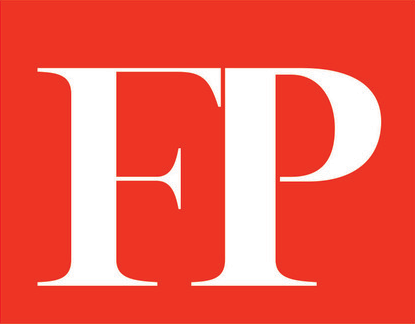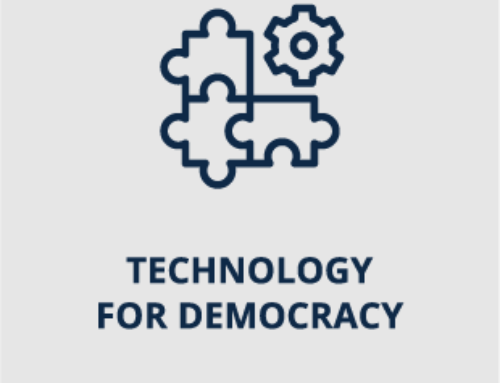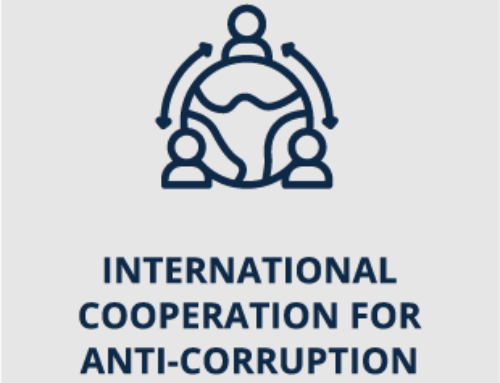Bringing other voices in would empower the democratic cause.
While campaigning for U.S. president, Joe Biden made the defense and promotion of democracy, both at home and abroad, a centerpiece of his proposed governing agenda. One campaign pledge in particular, a Summit for Democracy, is coming into form. This virtual gathering of democratic leaders, scheduled for Dec. 9-10, is a timely one. These days, despots and dictators are more emboldened than ever, and democracies have been either unwilling or unable to respond in kind.
Biden’s upcoming summit presents an opportunity to finally stand up, be heard, and forcefully push back. Having repelled major challenges to its own democracy, and hopefully equipped with some humility, the United States is now better positioned to stand in genuine solidarity with its global partners and to learn from those who have traversed this path before. Yet to seize this opportunity and to accomplish its stated goals, the summit will require additional focus. It should also include some key voices that have so far been sidelined.
It is critical that elected leaders attending the summit use this occasion to honestly address their democratic governance failures and shortcomings, those that underpin longtime and broader development concerns. And this means that leading activists must have seats at the table. Biden’s Summit for Democracy cannot simply be a talking shop for global heads of state.
When elected leaders fail to match their pro-democracy rhetoric with action, it is civil society activists who often hold them accountable and push them toward needed reform. Civil society must therefore be given the opportunity to participate in the official proceedings as equal stakeholders. And in those instances where a country representative is not invited due to a lack of democratic credentials, invitations should be extended to vetted pro-democracy opposition leaders, those who quite often put their lives on the line to advance social change at home.
Unfortunately, inviting only elected leaders seems to be the plan of action so far. But especially for a summit held largely online, it’s not too late to open the door to others—and to countries left off the initial list. One glaring omission on the invite list, for example, is Gambia. What Africa’s smallest mainland country lacks in size, it more than makes up for in gumption and democratic zeal. In 2016, civil society leaders, human rights activists, and the beleaguered political opposition joined forces to defeat one of the continent’s longest-ruling, most ruthless dictators in a hugely momentous election. Gambians return to the polls this December, in fact, the week before Biden’s summit, and leaders there deserve a seat at the table.
The democratic deterioration caused by COVID-19 must also be addressed. In particular, the emergency powers imposed by governments, including in such democracies as the United States, have been deeply detrimental, even when they’ve had a role to play in saving lives. Often governments, even democratic ones, have used the chance to grab more powers for their own sake, not for public health. A main problem is that many of these new powers, and the innovative technologies used to enforce them, are rarely reversed when a crisis inevitably recedes.
This “ratchet effect” and the growing capacity of governments to surveil their citizens represents a significant long-term risk to democracy and provides a boon to authoritarian states like China and Russia that defend their totalitarian systems by labeling critics as hypocrites who push double standards. Those assembled at the Summit for Democracy should set an example by collectively pledging to roll back the emergency, often draconian measures that have been implemented to presumably combat COVID-19—ideally, this would be done in line with best practices in global public health.
Critical action is also required to combat transnational repression, the practice by which governments reach across national borders to silence dissent among their diaspora and exile communities. From Belarus to Rwanda, dictators are hunting down, kidnapping, and murdering their opponents with alarming and increasing frequency. Worse yet, they are doing so with brazen impunity, no doubt encouraged by the lack of accountability that followed the 2018 murder of Saudi journalist Jamal Khashoggi.
Biden’s Summit for Democracy offers a venue for the democratic world to stand in unison by establishing new global norms that prohibit this practice while taking steps toward a global ban with consequences for those who cross the line, including targeted sanctions. This is an easy win and a concrete output that the Biden administration and other democratic leaders can build on to deepen cooperation among democratic states while also removing a deadly weapon from the ever-expanding authoritarian arsenal.
One group is particularly in danger. The fights to save democracy and our planet from cataclysm are innately tied. This link should be front and center at the Summit for Democracy. Evidence suggests that as the climate crisis intensifies, violence against and surveillance of activists protecting their land and our planet also increases. Unsurprisingly, the world’s most undemocratic states are those most often implicated in the murder of these activists. In 2019, environmental activists accounted for an estimated 40 percent of all human rights defenders killed worldwide. And just last year, an average of more than four environmental activists were killed a week.
Like the issue of transnational repression, another easy win for global democrats would be to publicly pledge stiffer penalties for the targeting of activists, at home or abroad, and to hold perpetrators accountable. Doing so will also build necessary momentum following the recently concluded United Nations climate change conference, which left many activists and concerned citizens alike deeply disappointed.
To be sure, this is not an exhaustive list of the priorities and actions that should take center stage next month. It does, however, help to refine the summit’s scope, and it highlights key areas in which the impact is both realistic and potentially game changing. The Summit for Democracy, put simply, is a hugely significant occasion for the world’s democrats—led by the United States—to emerge united in the face of surging authoritarianism and its assaults on democratic values and their defenders.
Jeffrey Smith is the founding director of the pro-democracy nonprofit organization Vanguard Africa. Twitter: @Smith_JeffreyT
This Article was first posted in Foreign Policy




